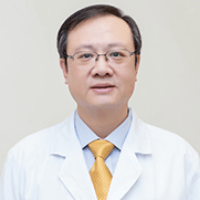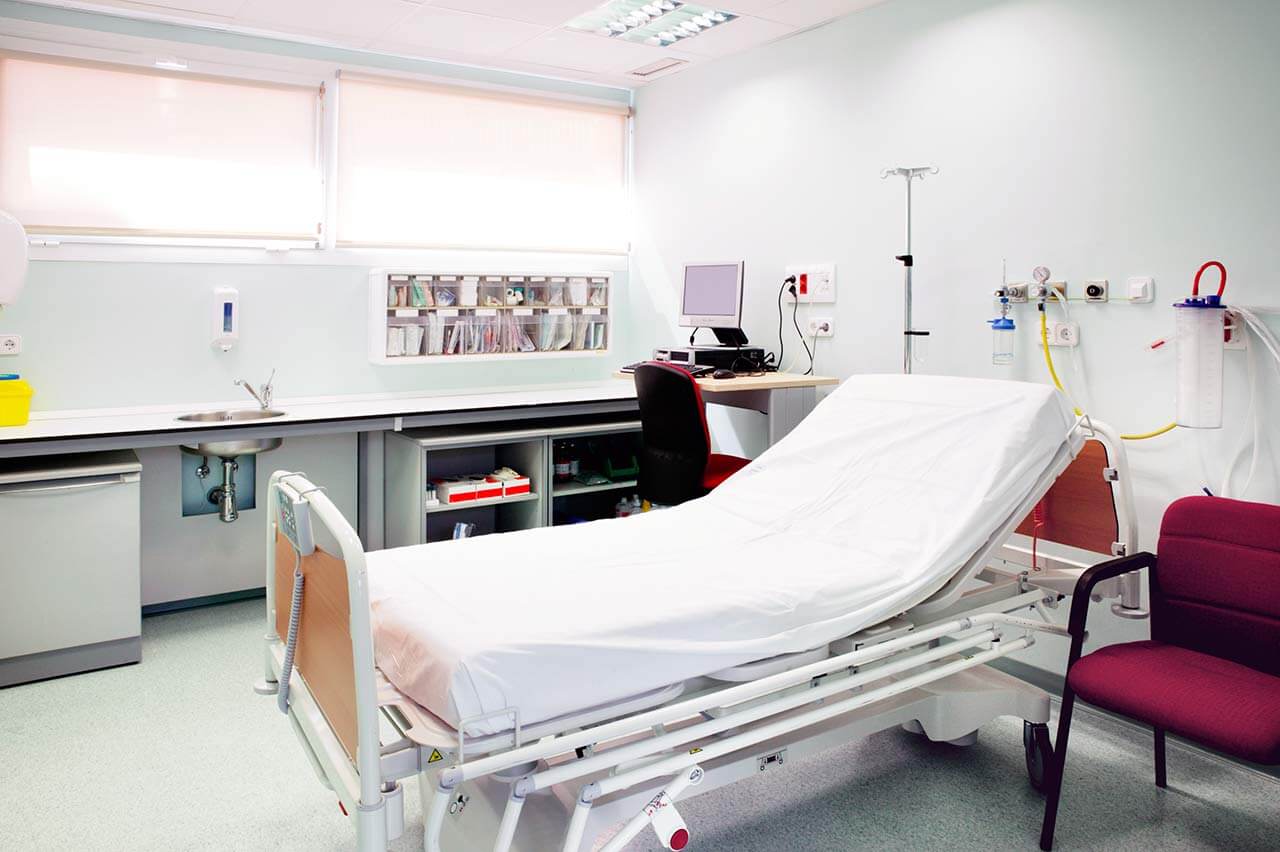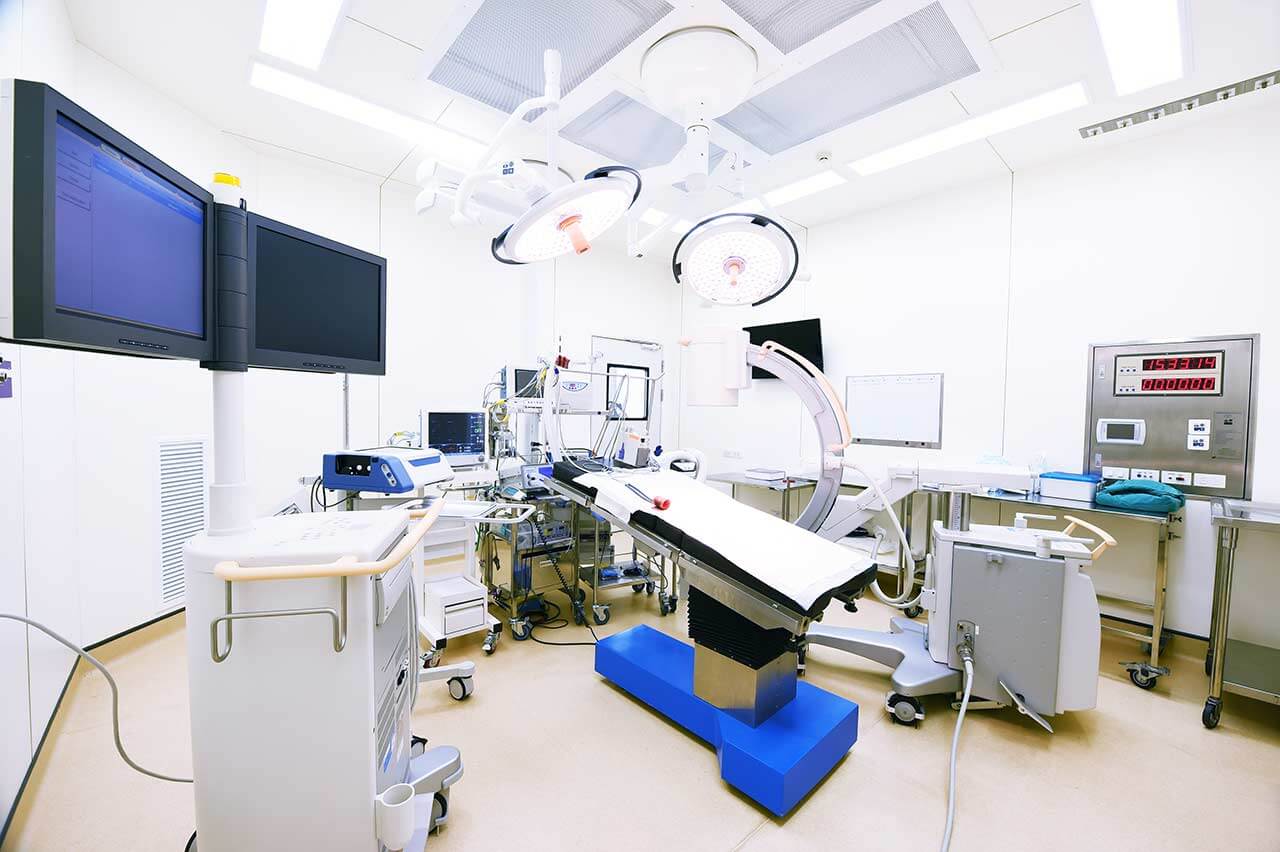
The program includes:
- Initial presentation in the clinic
- clinical history taking
- review of medical records
- physical examination
- laboratory tests:
- complete blood count
- biochemical analysis of blood
- Lipid metabolism (HDL/LDL, cholesterol,
triglycerides Lip(a), homocysteine) - blood coagulation analysis (aPTT, PT, INR)
- inflammation indicators (CRP, ESR)
- metabolic status (uric acid, total glucose, HbA1c)
- cardiovascular disease risk markers
- kidney function test (creatinine, urea)
- color doppler echocardiography
- color doppler sonography of cerebral and peripheral vessels
- duplex of thoracic aortic
- CT/ MRI-angiography of thoracic aortic
- preoperative care
- open prosthetics of thoracic aortic aneurysm
- symptomatic treatment
- control examinations
- the cost of essential medicines and materials
- nursing services
- full hospital accommodation
- developing of further guidance
Required documents
- Medical records
- X-ray examination (if available)
- MR/CT-angiography (if available)
Service
You may also book:
 BookingHealth Price from:
BookingHealth Price from:
About the department
The Department of Thoracic and Cardiovascular Surgery at the Asan Medical Center encompasses surgical treatment of various diseases of the thoracic organs encompassing the lungs, esophagus, chest wall and mediastinum as well as surgeries of the heart and great vessels. The department uses minimally invasive surgical techniques, which significantly reduce postoperative pain and surgical risks compared to conventional open chest surgeries. As a result, patients benefit by experiencing faster recovery, shortened length of hospitalization and a reduction in costs. Chief physician is Dr. Dong-kwan Kim.
In the field of cardiovascular medicine, the department belongs to the world’s leading centers performing minimally invasive and robot assisted surgeries with the aid of the Da Vinci and other systems. In close collaboration with related services specialists of the department are also working to provide all aspects of opened, hybrid procedures and completely percutaneous techniques (stenting) for treating aortic diseases. Over 90% of coronary bypasses are performed off-pump.
Thoracic surgery encompasses various specialties. Specifically, pulmonary surgery deals with lung cancers, benign lung tumors, tuberculosis, pulmonary abscess, pneumothorax and other disease entities of the thorax. Bronchial surgery deals with bronchial tumors, bronchial foreign bodies and bronchostenosis (airway obstruction). Other surgical entities of the thorax include mediastinal tumors, chest wall tumors, chest wall deformities (pectus carinatum and pectus excavatum) and excessive sweating (hyperhydrosis). The department is also proud to announce that now all aspects of lung transplantation can be performed here.
The range of services of the department includes:
- Pulmonary surgery (lung cancers, benign lung tumors, tuberculosis, pulmonary abscess, pneumothorax, etc.)
- Bronchial surgery (bronchial tumors, bronchial foreign bodies, bronchostenosis, etc.)
- Esophageal surgery (esophageal cancer, benign tumors, esophageal stenosis of various causes, etc.)
- Minimally invasive and robot assisted cardiovascular surgery
- Complex conventional surgeries for heart failure (Dor procedure, ischemic mitral valve disease, heart transplantation, etc.)
- Valve surgeries i.e., repair and replacements
- Various arrhythmia surgeries (i.e., Maze procedures)
- And other options
Curriculum vitae
Education
- Doctor of Medicine, Yonsei University.
- Master of Medicine, Yonsei University.
- Bachelor of Medicine, Yonsei University.
Major Professional Experiences
- Associate Professor in UUCM AMC.
- Professor in UUCM AMC.
- Postdoctoral at University of Pennsylvania Hospital.
- Assistant Professor in UUCM AMC.
- Clinical Instructor in UUCM AMC.
- Fellowship in UUCM AMC.
- Residency in Severance Hospital.
Photo of the doctor: (c) Asan Medical Center
About hospital
Asan Medical Center is Korea’s largest medical institution, with 1,600 physicians and surgeons, 3,100 nurses, 2,680 beds, and 67 operating rooms, occupying more than four million square feet (about 371,600 square meters). A typical day at AMC sees 2,500 inpatients and 10,000 outpatients treated. The center specializes in treatment of heart diseases, cancer, digestive diseases, health screening and promoting as well as organ transplantation which is carried out within the corresponding centers of excellence.
In addition to the five above mentioned centers of excellence, the center also specializes in orthopedics (95 percent success rate for hip and knee replacements), treatment of Infectious diseases caused by microorganisms (bacteria, viruses, parasites, and fungi). The center occupies the first positions in the field of oral and maxillofacial surgeries (Department of Dentistry) and implantology. Apart from that, Asan’s Department of Reproductive Medicine and the Infertility Clinic work together as world leaders in assisted reproductive technologies. The Department of Plastic Surgery and the Asan Aesthetic Center offers a broad range of reconstructive and cosmetic surgeries.
Consistent pursuit of cutting-edge medical technology and devotion to patient-centered care has brought AMC many honors and awards. Perhaps its most prestigious honor is being named Korea’s Most Admired Hospital for five consecutive years (2007–2011) by the Korea Management Association Consulting. The Ministry of Health, Welfare, and Family Affairs repeatedly recognized Asan as a Highest Quality of Care Hospital, and in 2009 granted it the Grand Award for Korean Medical Travel, as a hospital well prepared for international patients.
Photo: (с) depositphotos
Accommodation in hospital
Patients rooms
Asan offers five different types of rooms, from budget-conscious multibed units up to VIP suites. All rooms include:
- electronically adjustable beds
- personal nurse call system
- bedside patient-controlled room light and TV
- individual cable TV including Korean, English, and foreign-language programming
- guest chair
- personal telephone for local and international calls
Meals and Menus
Asan also provides patients and visitors with a broad range of gastronomic offerings. The restaurants of the medical center serve Korean, Western, Japanese and Chinese cuisine.
Further details
Standard rooms include:




